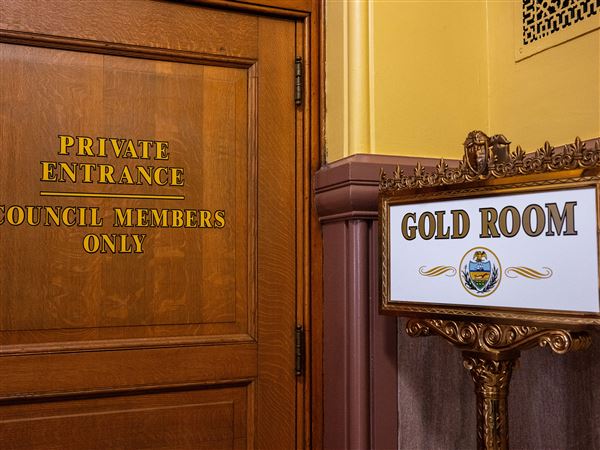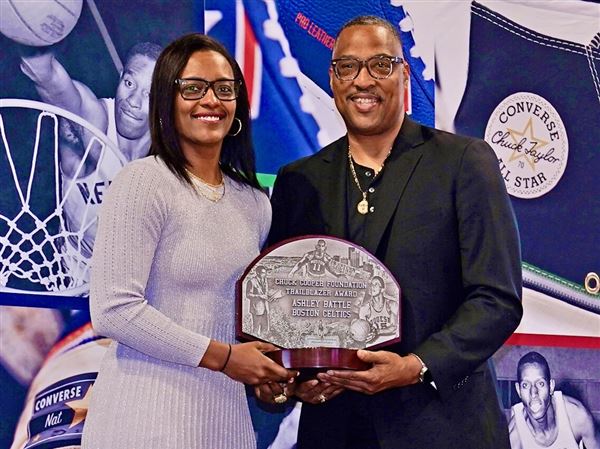The reader of this article may find s/he is as annoyed by the use of "s/he" as I am.
I would gladly respect his or her wishes that I stop doing that -- if there were any good alternative.
I think there is:
New words.
More on that after I outline the problem -- if the reader will please just hold his or her horses.
I think e will find the solution quite simple …
•
I recently read a book about writing that resorted to the sloppy construction of "s/he." But I understand the dilemma in which the writer found him/herself.
Since political correctness no longer allows a writer to use the masculine form as the default pronoun, we end up with some horribly awkward sentences: "After each student registers, he or she must bring his or her registration card to his or her adviser making sure that the card is his or hers -- that is, the card belongs to him or her."
Then the real sticklers will notice that he or his always seems to get top billing over she or her.
As a writer I have long sought a solution to this problem. I end up doing verbal gymnastics through convoluted sentences to try to accommodate both sexes. At times, I have alternated males and females. But I have found even that can get me into trouble. I find myself worrying that people will think I am stereotyping only men as capable of robbing banks or all women as bad drivers because I happened to use that gender in that example.
My friend Suzy, with whom I taught adult education seminars, was reprimanded by one of her students for using males in examples more than females. This female student had actually kept a scorecard of how many times Suzy had used a male pronoun versus a female one. The men won.
The student also kept tabs of the capacity in which the pronoun served. She accused Suzy of being a "latent misogynist" -- I have wondered ever since if a woman can really be a latent misogynist -- for assigning authority roles to the men (judges, lawyers, police officers) and less powerful roles to the women (nurses, secretaries, waitresses).
I was so paranoid after that episode that I found myself using only female pronouns for while -- and then worrying that might offend some guy in class.
If adding new words seems drastic, think about it: We often add new words to accommodate things that simply didn't exist before (e-mail, videographer) or to solve deficiencies that have arisen due to changes in our culture. Flight attendants replaced "stewardesses". Firefighters replaced "firemen." Ms. -- once regarded as a bold political statement -- is now commonplace on forms from even the most conservative institutions.
•
I propose unisex pronouns:
E instead of "s/he."
We have other words that consist of a solitary vowel: I and a and sometimes O! So why not e?
Hir instead of "his or her." Hir would be pronounced as a homonym of hear and here. We already have three theres: There, they're and their. So it seems only fair we have three heres, but that's neither here nor there.
Back to the pronouns. Hirs (pronounced like hears) would take the place of "his or hers." And hem would replace "him or her":
>"After each student registers, e must bring hir registration card to hir adviser making sure that the card is hirs, that is, belongs to hem."
See? Now wasn't that simpler?
First Published: October 1, 2008, 8:00 a.m.














